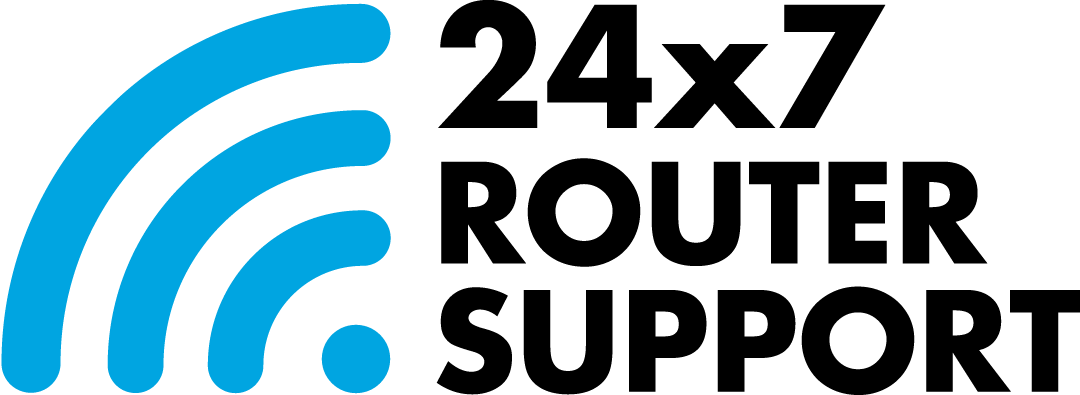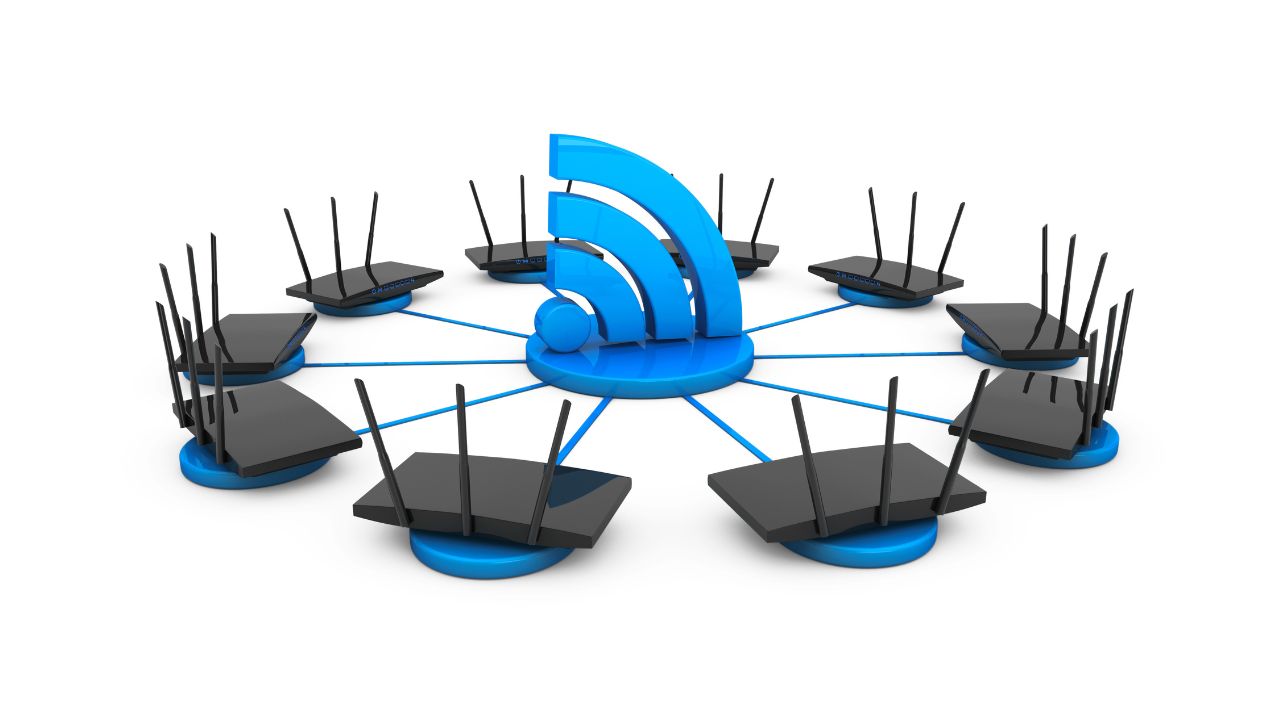Are you feeling annoyed because your internet is not as fast as your provider promised? It can be frustrating since we depend on the internet for so many things. This can be even more irritating if it's slowing down your work. If your Netgear router is not giving you the speed you want, there could be a few reasons for it. You can get support for Netgear router if you need it. Just reach out to them, and they can assist you with any problems you're having.
Let's figure out common issues and good ways to make sure your Wi-Fi works really well.
Potential Problems:
There are some factors that users should consider when troubleshooting connectivity issues.
Interference from Other Electronic Devices:
The presence of other electronic devices, such as cordless phones, baby monitors, or microwave ovens, can interfere with the WiFi signal and degrade its quality. These devices operate on frequencies that may overlap with WiFi channels, leading to signal disruptions. Identifying and minimizing interference from such devices can contribute to a more stable and faster connection.
Network Congestion:
In densely populated areas or homes with multiple connected devices, network congestion can occur. When numerous devices compete for bandwidth simultaneously, it can result in slower speeds for each individual device. Employing techniques like channel optimization, reducing the number of connected devices, or using Quality of Service (QoS) settings can help alleviate network congestion and improve overall performance.
Security Concerns:
Security protocols, such as WPA3 for WiFi, play a crucial role in protecting the network from unauthorized access. However, outdated security settings or the use of less secure protocols can impact network performance. Ensuring that the network is secured with up-to-date encryption standards and strong passwords helps maintain both security and optimal connectivity.
ISP-related Issues:
Sometimes, the root cause of slow internet speed may lie with the Internet Service Provider (ISP). Issues such as service outages, bandwidth throttling, or a need for an upgraded service plan can impact the overall internet speed. Contacting the ISP to address these concerns or considering a plan upgrade may be necessary to achieve the desired connection speeds.
Device-specific Limitations:
While the focus is often on routers, the performance of individual devices connected to the network also plays a crucial role. Older computers, smartphones, or tablets may have hardware limitations that prevent them from fully capitalizing on high-speed internet connections. Regularly updating device firmware and ensuring compatibility with the latest network standards can enhance the overall network experience.
Troubleshooting and optimizing network performance involve addressing a variety of potential issues, ranging from hardware limitations to environmental factors. Regular maintenance, updates, and strategic configurations can collectively contribute to a faster and
more reliable internet connection for users.
Solutions:
- Make sure that Netgear firmware update is done as NETGEAR frequently releases firmware updates to enhance router performance. Keeping your router's firmware current is essential for optimal functionality. Before exploring additional troubleshooting steps, it is strongly advised to confirm that your router is running the latest firmware version. This can be achieved by checking for and installing any available updates through the official channels provided by the manufacturer.
- If you’re willing to check that the entire network is running slow, you must conduct Internet speed tests on different devices that are connected to your NETGEAR router. If some devices exhibit fast speeds while others are slow, troubleshooting the slower devices or verifying their compatibility with the router's speed standards becomes crucial. You can find comprehensive guidance on checking Internet speed for your reference.
- If WiFi speeds are below par, consider connecting your device to the router using an Ethernet cable and conduct another speed test. If speeds increase via Ethernet, it may indicate potential WiFi interference or the use of an older WiFi standard by your device. Further details on factors affecting WiFi performance are available to guide you through this process.
- In cases where WiFi speeds deteriorate due to wireless interference, manually adjusting wireless channels on your router can be an effective solution. This proactive step helps mitigate potential disruptions caused by interference, ensuring a smoother and more reliable wireless connection.
- If the cause of slow Internet connectivity remains elusive, unplugging your router and directly connecting a computer to your modem or gateway using an Ethernet cable can provide valuable insights. After this setup, conduct a speed test, and if the speeds still fall below expectations, it might indicate an issue with your Internet service provider (ISP) or the service line entering your home. In such instances, reaching out to your ISP for further troubleshooting is recommended.
Conclusion
Trying out the tips mentioned can help fix problems with your WiFi. But, if the WiFi trouble sticks around, don't worry! You can always contact Netgear for support. They're available all the time to help you out and make sure your WiFi works super well. So, don't hesitate to reach out to them if you need some extra help with your router. Their support team is there 24/7, making sure you get the best WiFi experience possible. Get in touch with Netgear, and they'll sort things out for you!

